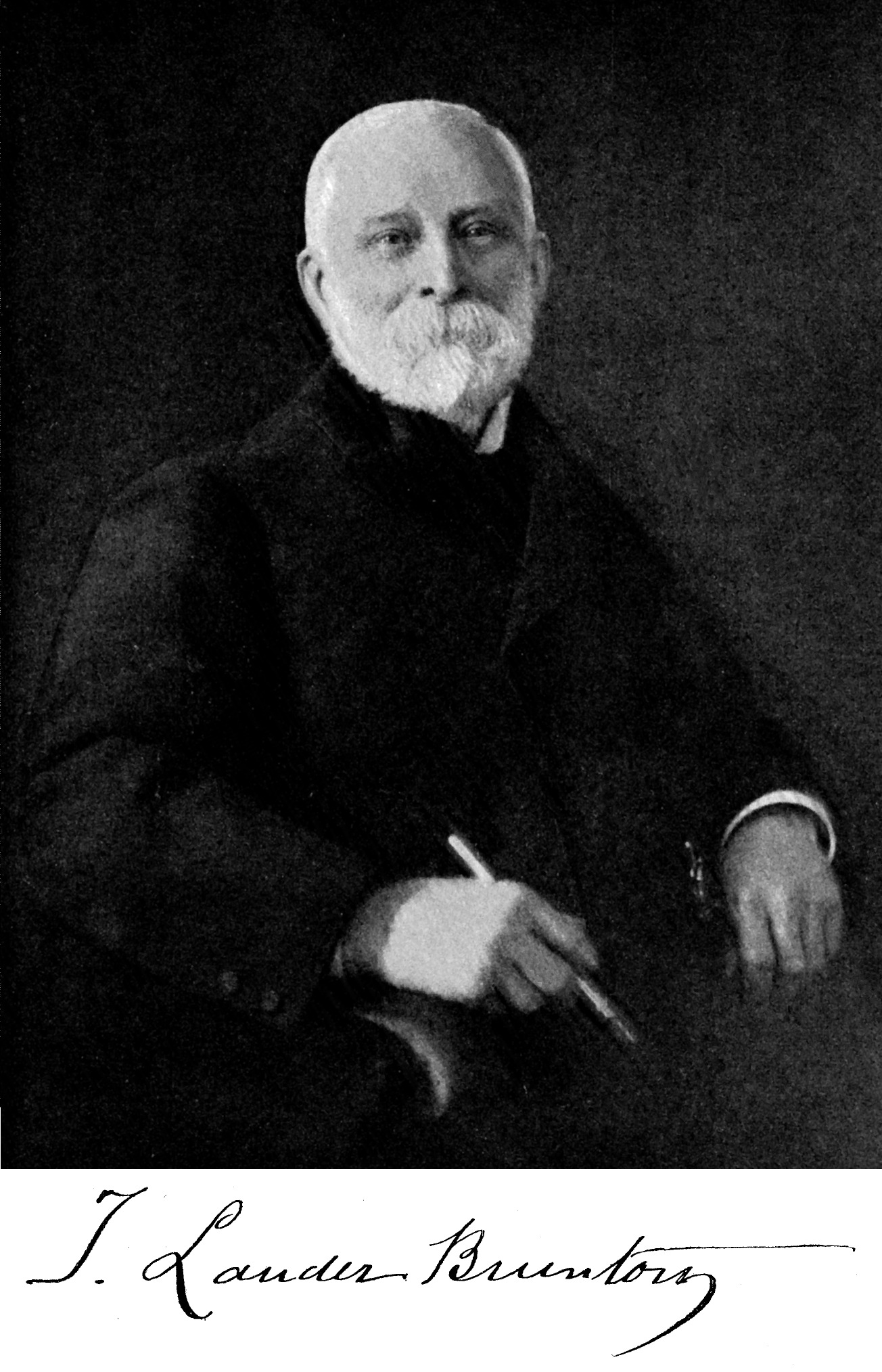
Poppers is slang for a variety of alkyl nitrites, particularly amyl nitrite. Poppers are available over-the-counter and come in small bottles. Amyl nitrites are generally used in air fresheners and video head cleaners, but are used as a recreational drug to increase sexual arousal. Poppers used to come in small capsules that popped when they were broken, thus the name "poppers."
Do Poppers Make Sex Better?
Poppers relax muscles such as the sphincter of the anus, which can make anal sex less painful. Poppers also cause blood vessels to dilate, which drops blood pressure and increases heart rate (amyl nitrite was originally used to treat angina and cyanide poisoning). As a result, users experience a flush feeling and increased sexual arousal. The effect lasts for only a few minutes. Side effects can be headaches or sudden changes in blood pressure.
Taking Viagra Before Sex
What Are The Side Effects?
The side effects of poppers are headaches, decreased blood pressure and potential loss of arousal after a few minutes.
Are There Any Risks?
Poppers enlarge blood vessels and increase blood flow. They can impair judgment, leading to unprotected anal sex. A tear or fissure in your rectal walls during anal sex, combined with unprotected sex and increased blood flow can increase the risk of transmitting HIV. In addition, poppers combined with Viagra (which also lowers blood pressure) can be fatal.
Are The Sexual Benefits Worth The Risk?
Although poppers provide a rush during sex, the effect only lasts a few minutes. The headaches, which are common side effects, can be ruin the mood for some people. And since poppers often impair judgment, leading to unsafe sex, the risk of contracting HIV is much greater. So, you may want to think twice before opening the little brown bottle. Ask yourself, are the risks worth the temporary feeling?

Sir Thomas Lauder Brunton (March 14, 1844–September 16, 1916), a Scottish physician, famously pioneered the use of amyl nitrite to treat angina pectoris. Brunton's clinical use of amyl nitrite to treat angina was inspired by earlier work with the same reagent by Arthur Gamgee and Benjamin Ward Richardson. Brunton reasoned that the pain and discomfort of angina could be reduced by administering amyl nitrite to dilate the coronary arteries of patients, thus improving blood flow to the heart muscle.
In addition, the light alkyl nitrites cause the formation of methemoglobin wherein, as an effective antidote to cyanide poisoning, the methemoglobin combines with the cyanide to form nontoxic cyanmethemoglobin. First responders typically carry a cyanide poison kit containing amyl nitrite, such as the popular Taylor Pharmaceutical Cyanide Antidote Kit.
TIME and the Wall Street Journal reported that the popper fad began among homosexual men as a way to enhance sexual pleasure, but "quickly spread to avant-garde heterosexuals" as a result of aggressive marketing. A series of interviews conducted in the late 1970s revealed a wide spectrum of users, including construction workers, a "trendy East Side NYC couple" at a "chic NYC nightclub", a Los Angeles businesswoman "in the middle of a particularly hectic public-relations job" (who confided to the reporter that "I could really use a popper now"), and frenetic disco dancers amid "flashing strobe lights and the pulsating beat of music in discos across the country."
User surveys are hard to come by, but a 1988 study found that 69% of men who had sex with men in the Baltimore/Washington DC area reported they had used poppers, with 21% having done so in the prior year. The survey also found that 11% of recreational drug users in the area reported using poppers, increasing to 22% among "heavy abusers," with an average age of first use of 25.6 years old. Both survey groups used poppers to "get high," but the men that had sex with men were more likely to use them during sex. It was reported that this group reduced usage following the AIDS epidemic, while the drug-users had not. A 1987 study commissioned by the US Senate and conducted by the Department of Health and Human Services found that less than 3% of the overall population had ever used poppers.
Use by minors is historically minimal due, in part, to the ban on sales to minors by major manufacturers for public relations reasons and because some jurisdictions regulate sales to minors by statute. A paper published in 2005 examined use of poppers self-reported by adolescents aged 12–17 in the (American) 2000 and 2001 National Household Surveys on Drug Abuse. In all, 1.5% of the respondents in this age group reported having used poppers. This figure rose to 1.8% in those over 14. Living in nonmetropolitan areas, having used mental health services in the past year (for purposes unconnected with substance use treatment), the presence of delinquent behaviours, past year alcohol and drug abuse and dependence, and multi-drug use were all associated with reporting the use of poppers. In contrast to these low rates, a survey in the North West of England found a rate of 20% self-reported use of poppers among 16-year-olds





















.png)








.mkv_000108708.jpg)
.mkv_000109059.jpg)
.mkv_000113988.jpg)
















+(Light).jpg)








































1 comment:
Thanks for your blog. I just landed up in your blog and I really appreciate your blog. It is full of resourceful information.
Thanks,
PWD poppers rush & Rush Poppers 10ML
Post a Comment